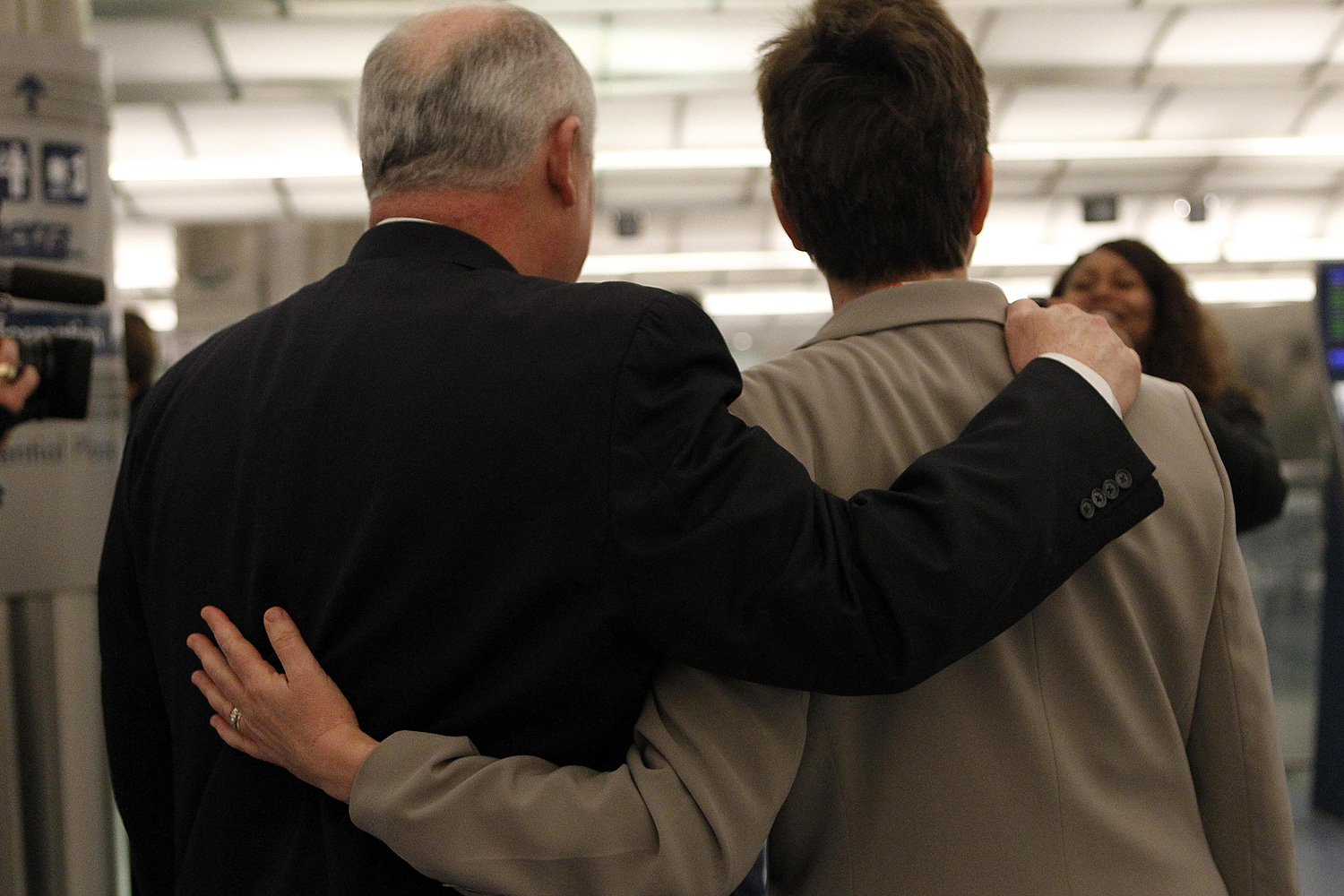Paul Vallas, former CEO of Chicago Public Schools and budget director under Richard Daley, was announced today as Pat Quinn's running mate in the gubernatorial election. It's pretty big news: Vallas is not only well-known in Chicago, he's also famous and/or notorious for his school reforms as head of Philadelphia's schools and then as superintendent of the Recovery School District in post-Katrina New Orleans. (Vallas has been running the schools in Bridgeport, Connecticut, in the midst of a political fight and a legal one over his credentials for the job that's gone all the way to the state Supreme Court.)
He's a big name; it's big news, for a Friday. But is it a big deal? After all, no one is sure we even want or need the job Vallas would take.
Other than waiting for the governor to die or be arrested, the LG's job is a combination of “anything” and “nothing”: pet causes, party advocacy, and ribbon-cutting, as long as it can't be confused with exercising any form of power. The most memorable thing a lieutenant governor in Illinois has done is, well, stop being lieutenant governor: Dave O'Neal, who served under Jim Thompson until he got bored and quit. He wasn't the first one.
It's basically like the office of the Vice President—as Dan Quayle pioneered it, not Dick Cheney.
Getting to fire a do-nothing executive sounds like one of the few pleasures the democratic process could give an Illinois voter. But before we cast off a constitutional office, is there anything we'll miss about it? Kent Redfield, emeritus professor of political science at University of Illinois-Springfield cautions that we should be careful what we don't wish for.
“The arguments for the office have to do with continuity and the 'will of the people,'” says Redfield. “You don't want to have an accident [that would] cause you to have a conservative replaced by a liberal or vice versa, because you had an automobile accident or something.”
Take Pat Quinn: when Blago was removed from office, it passed immediately to a populist liberal Chicago politician in the same vein as the boss. If Quinn had lost to Bill Brady, which very nearly happened, Brady would have been succeeded by fellow downstate conservative Jason Plummer.
It's a safety net, basically. Should something bad happen to the governor (or, more likely, should the governor do something bad), the job falls to someone who's likely to be quite similar—not an officeholder elected to do something else for entirely different reasons, not a blank slate to be filled by the whims of the Illinois legislature. The attorney general has been proposed as an alternative next-in-command, but that vote can be split.
But it's an expensive net, one that also supports 31 employees at a cost of over a million dollars a year. In a state without a lot of money or government employees to go around, that's 31 people who could be backing up something other than what's not much more than a backstop.



